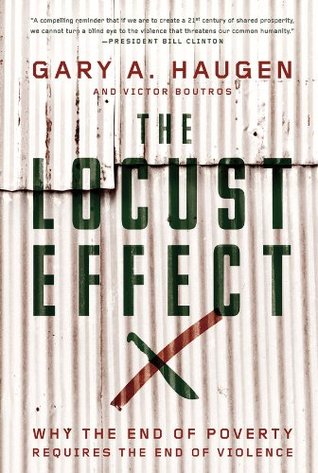More on this book
Community
Kindle Notes & Highlights
Read between
May 8 - July 9, 2014
What was so clear to me was the way these very impoverished Rwandans at their point of most desperate need, huddled against those advancing machetes in that church, did not need someone to bring them a sermon, or food, or a doctor, or a teacher, or a micro-loan. They needed someone to restrain the hand with the machete—and nothing else would do.
The history of the world’s effort to fight severe poverty is largely a story of seeing what’s obvious and simple and trying to do something about it, and in the process, discovering the hidden and complex realities of that poverty, and then trying to re-engineer solutions that better fit those realities.
Surprisingly perhaps, one of the most massive and successful efforts to listen to poor people was sponsored by the World Bank in 1999 in a study released in three volumes titled Voices of the Poor. There had never been anything like it. In tens of thousands of detailed personal accounts, very poor people speak for themselves, answering the questions: How do you view poverty and well-being? What are your problems and priorities? And what did the world learn from listening directly to the poor? Without a doubt, one of the most powerful revelations came from allowing poor people to finally pull
...more


